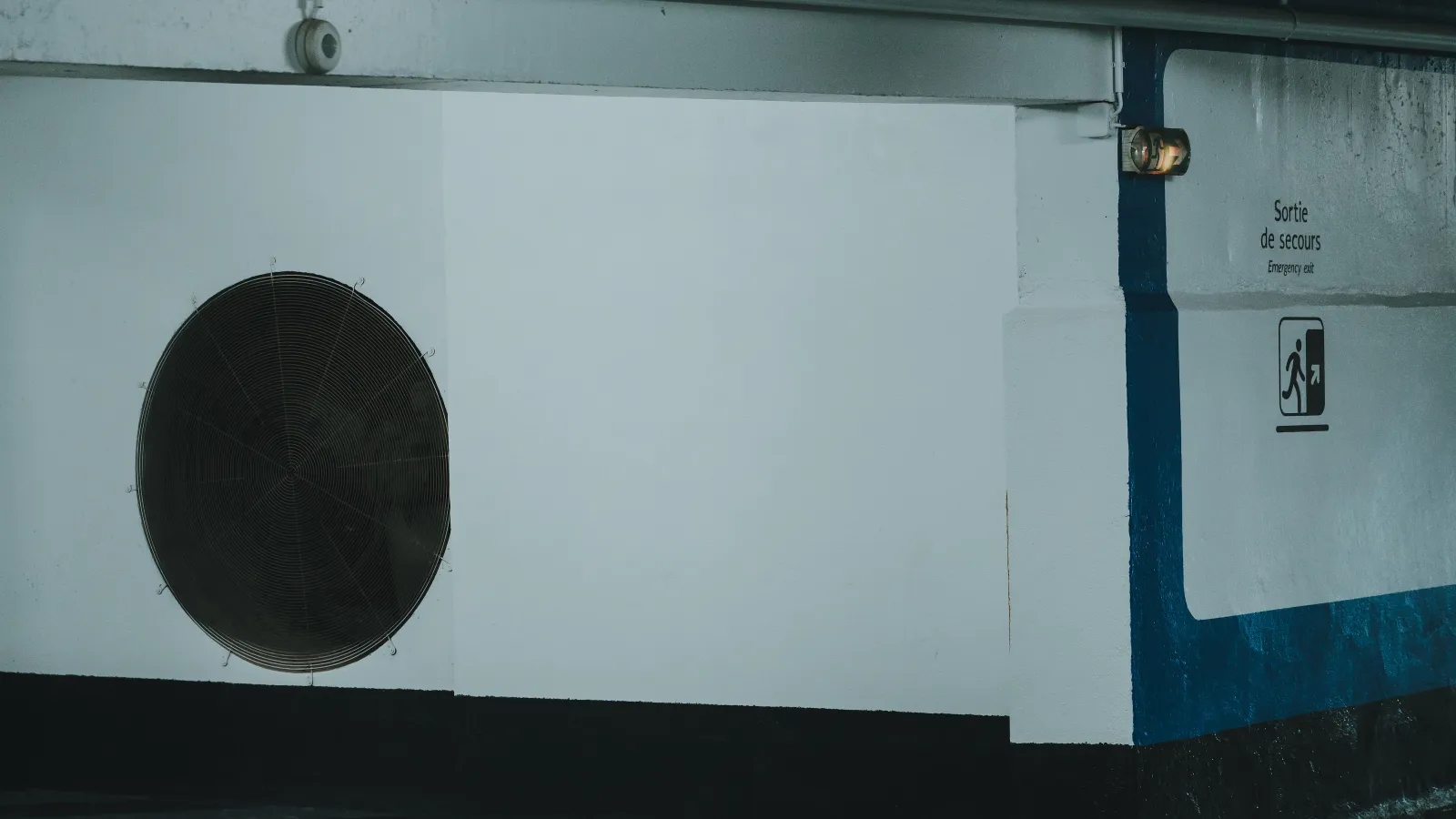How to Prevent Blower Fan Burnout: Causes, Prevention, Replacement Costs, and More

If you suddenly find yourself feeling a chill despite the fact that your furnace is running, or can’t ignore the loud rattling sound coming from your vents, it could be that you have a problem with your blower fan. One of the more common issues with a furnace blower fan is burnout. While it might be an uncomfortable inconvenience, it usually isn’t anything too serious and can be resolved quite easily with just a little bit of know-how.
What Is Blower Fan Blowout?
Blower fan blowout is a problem that occurs when the blower fan in your home’s furnace stops working. The fan will stop circulating the air throughout your HVAC system. It most commonly occurs when the blower fan motor becomes aged or is overworked. A lack of regular maintenance is generally to blame for blower fan burnout.
What Causes Blower Fan Burnout?
There are several things that could cause a blower fan to burn out, and most of them are related to wear and tear on the component. Causes of blower fan burnout include:
- Windings that have deteriorated.
- Bearings that have seized after running out of oil.
- Extreme static pressure.
- A clogged filter, which fails to remove dust before it makes its way to the blower.
- Inadequate air flow within the system.
- Buildup of dust, dirt, or debris.
- Electrical problems, including an excessive voltage supply.
- Motor insulation failing prematurely due to high temperatures.
- A weak blower capacitor.
- The blower fan motor is too small for the unit. (This happens when the motor is repaired with an incorrect replacement.)
- The air temperature within the furnace is too hot.
Some commonly occurring signs that you have a problem with your blower fan are that there is no air coming out of the registers even though the system is running, there is a loud rattling noise, and there is a burning-type smell within the system.
How Can I Prevent Blower Fan Burnout?
As with most other furnace issues, one of the best ways to prevent blower fan burnout is to schedule and perform regular cleanings of your HVAC system. As the old adage goes, an ounce of prevention really is worth a pound of cure. Scheduling regular cleanings can help homeowners avoid a costly repair bill. By reducing that amount of dirt and dust within your system, you will reduce the potential for buildup within the blower and thus reduce the strain on the motor. This helps to ensure that your system will be running in tip top shape for many years to come.
Simple tasks that homeowners can take to maintain their blower fan include:
- Regularly changing/cleaning the furnace air filter.
- Ensuring the area around the fresh air intake vent is kept free of dirt and dust.
- Regularly vacuuming around their furnace.
- Regularly vacuuming registers.
- Cleaning the blower fan.
- Making seasonal or annual cleanings and maintenance by a qualified HVAC professional part of the home maintenance schedule.
If you are ever unsure or uncomfortable performing any of these tasks, contact a qualified HVAC professional to assist you.
How Much Does It Cost to Repair a Blower Fan?
If your blower fan has failed and you need to replace it, the cost varies depending on the make and model of your furnace, as well your location. Other factors that may affect pricing include time of year and experience of the professional you call.
How you fix a burned out blower fan depends on the root cause. For example, if it’s simply a matter of dust buildup or a lack of oil, regular cleaning and maintenance should do the trick. Conversely, if the issue is electrical, fixing that system should resolve fan burnout issues. However, if there is a more complex or critical problem with the blower fan or the motor, you may need to replace your furnace. Since blower fan burnout can lead to cascading problems with other components in the HVAC system, it’s best to address any issues as soon as they occur.
Depending on the age of your HVAC system, it might make more sense to replace the furnace than to repair the blower fan or blower fan motor. This is especially true if you’ve had to make multiple repairs in a short period of time. A qualified HVAC professional can help you make this assessment.

